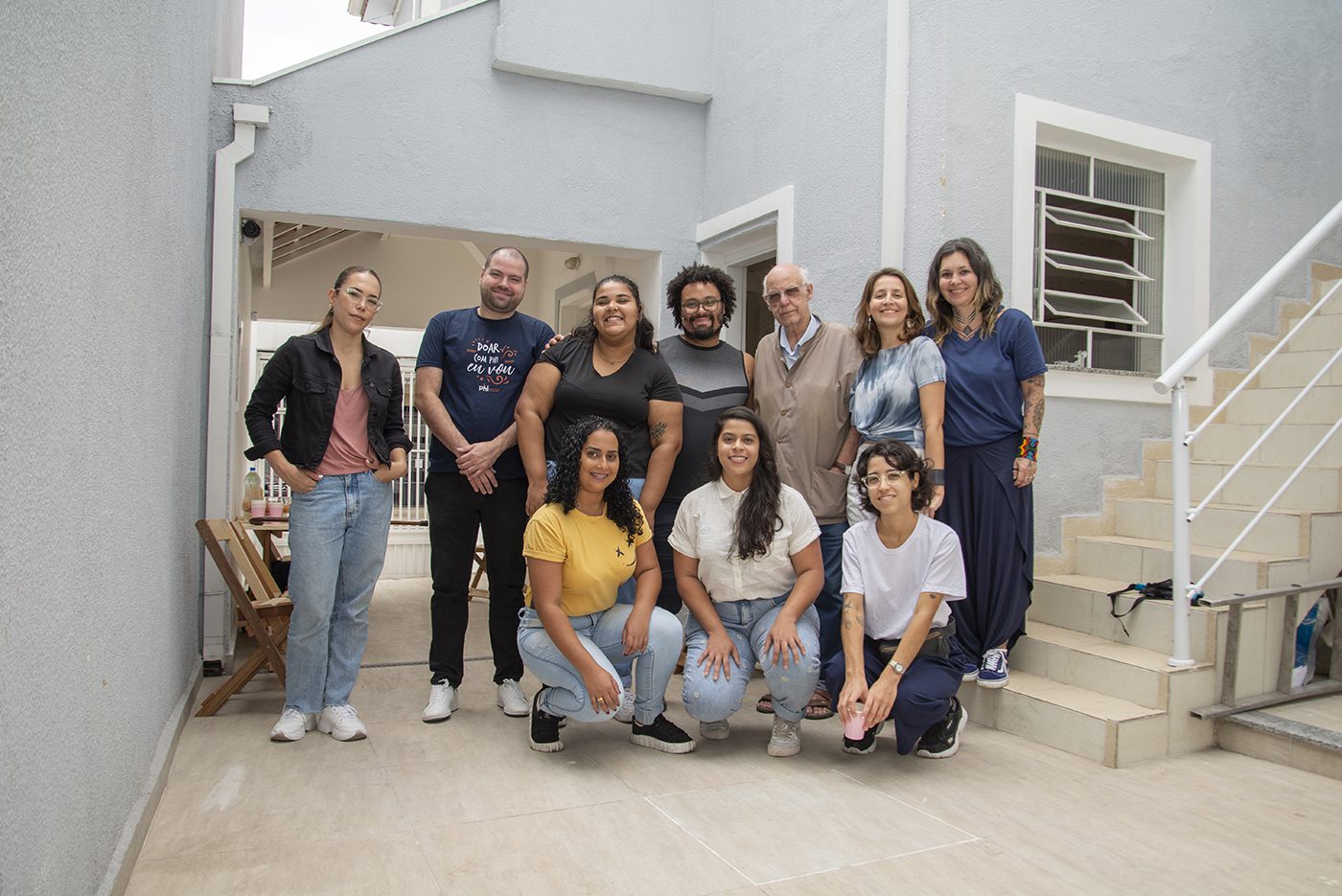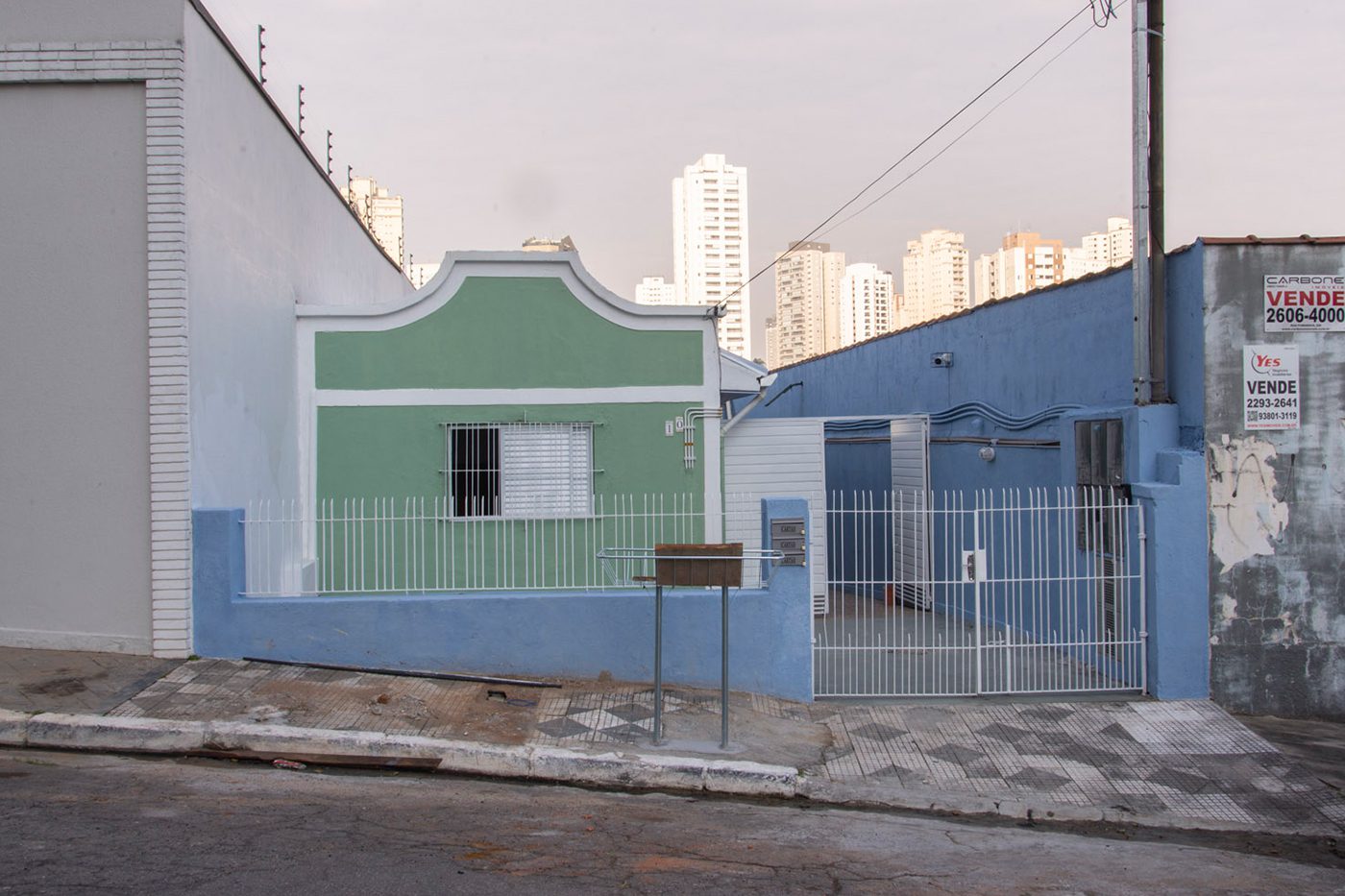With Father Julio Lancellotti, Marta Machado (Ministry of Justice), Anderson Miranda (Ministry of Human Rights and Citizenship), Carlos Hashimoto (Caixa Econômica Federal), and Simone Gatti (FICA Fund) – mediation and curation
The number of people living on the streets of large cities has increased considerably in recent years. There are now over 300,000 nationwide. With climate change, this issue is even more urgent, as the homeless population, despite contributing the least to global warming, is the most affected by its effects, lacking safe shelter and experiencing extremely fragile socioeconomic and health conditions.
Since the 1990s, public policies targeting this profile have evolved worldwide. In many cities, the phased model, which begins with shelters, has given way to the "housing first" methodology—which sees residence as merely the first step in the process.
In Brazil, social housing is tied to the acquisition of private property. The homeownership model has not empowered our policies for housing management, which has always been the responsibility of residents, who are then owners. A housing policy for the homeless population, however, must guarantee permanent, multidisciplinary, and long-term support services.
The Minha Casa, Minha Vida program recently announced the allocation of 3% from FAIXA 1 developments for this population. Based on the experience of Morar Primeiro, implemented by the FICA Fund with the support of Father Julio Lancellotti, we will discuss the topic with federal government representatives, considering the urgency of the debate on how this policy will be implemented.
At the invitation of the FICA Fund, which is bringing this topic to the São Paulo Architecture Biennial for the first time, we will bring together urban planner Simone Gatti, who implemented the FICA housing program; Father Julio Lancellotti, a partner in the creation of Morar Primeiro and an emblematic figure in supporting the most vulnerable populations; and representatives of the Federal Government to discuss the policies being implemented and the challenges at hand.
The panel discussion will also feature Marta Machado, National Secretary for Drug Policy and Asset Management at the Ministry of Justice; Anderson Miranda, from the Ministry of Human Rights and Citizenship; and Carlos Hashimoto, from Caixa Econômica Federal, to discuss the policies being implemented and the challenges at hand.
Free
Registration:
Registrations must be made here.
Selection will be made in order of registration.
Registration will be open until the start of the activity, on site, as long as there are spaces available.




